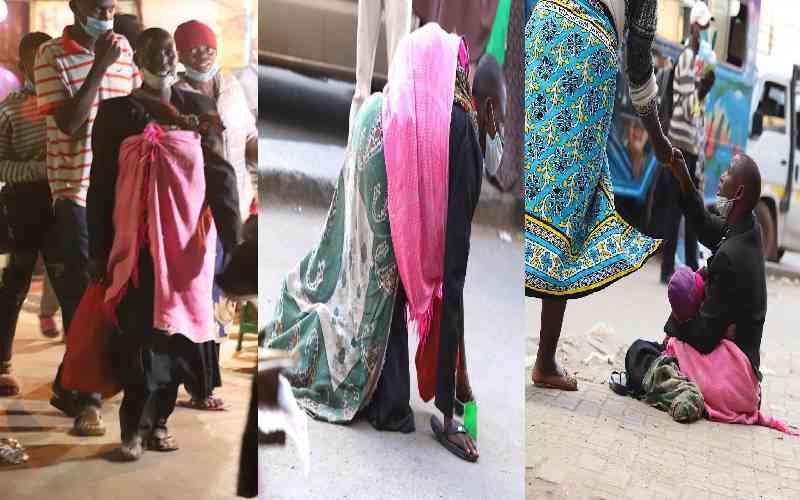×
The Standard e-Paper
Smart Minds Choose Us

Shocking details on how foreign nationals have been taking advantage of the generosity of Kenyans to make a living on the streets of Nairobi can now be revealed.
An investigation by Saturday Standard has shown that street beggars, most of whom are able-bodied, also use the sympathy of children to rake in money.